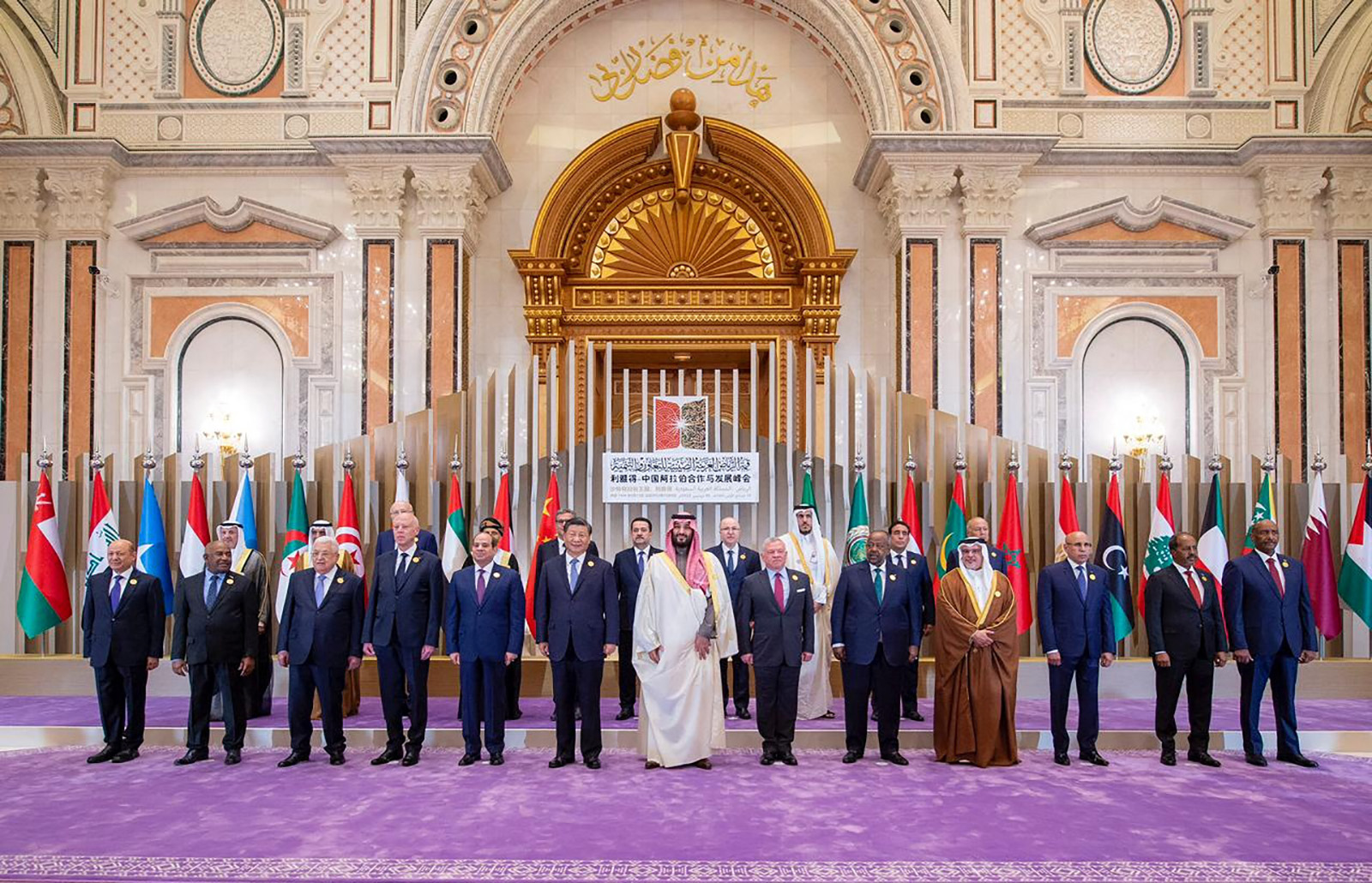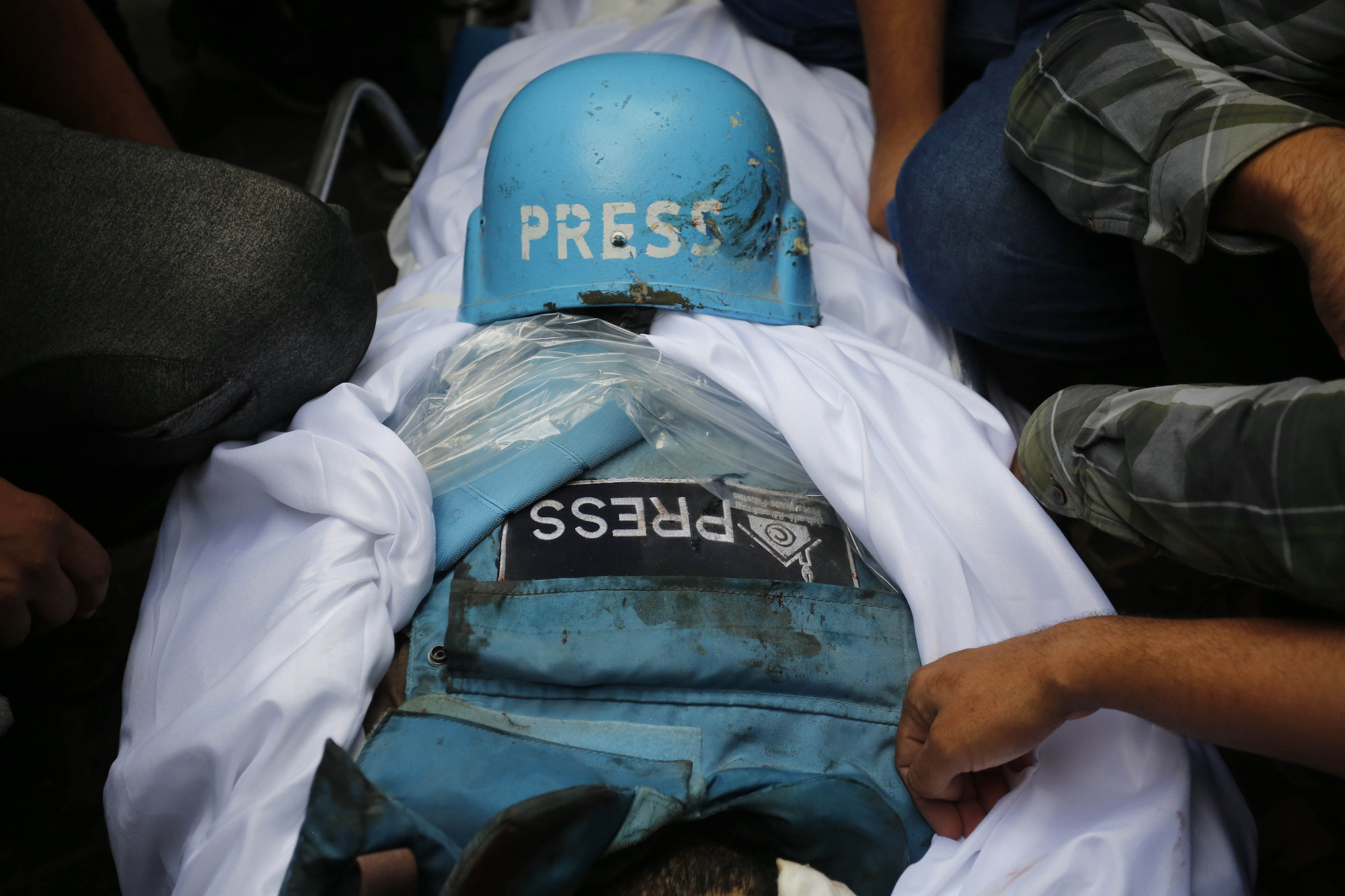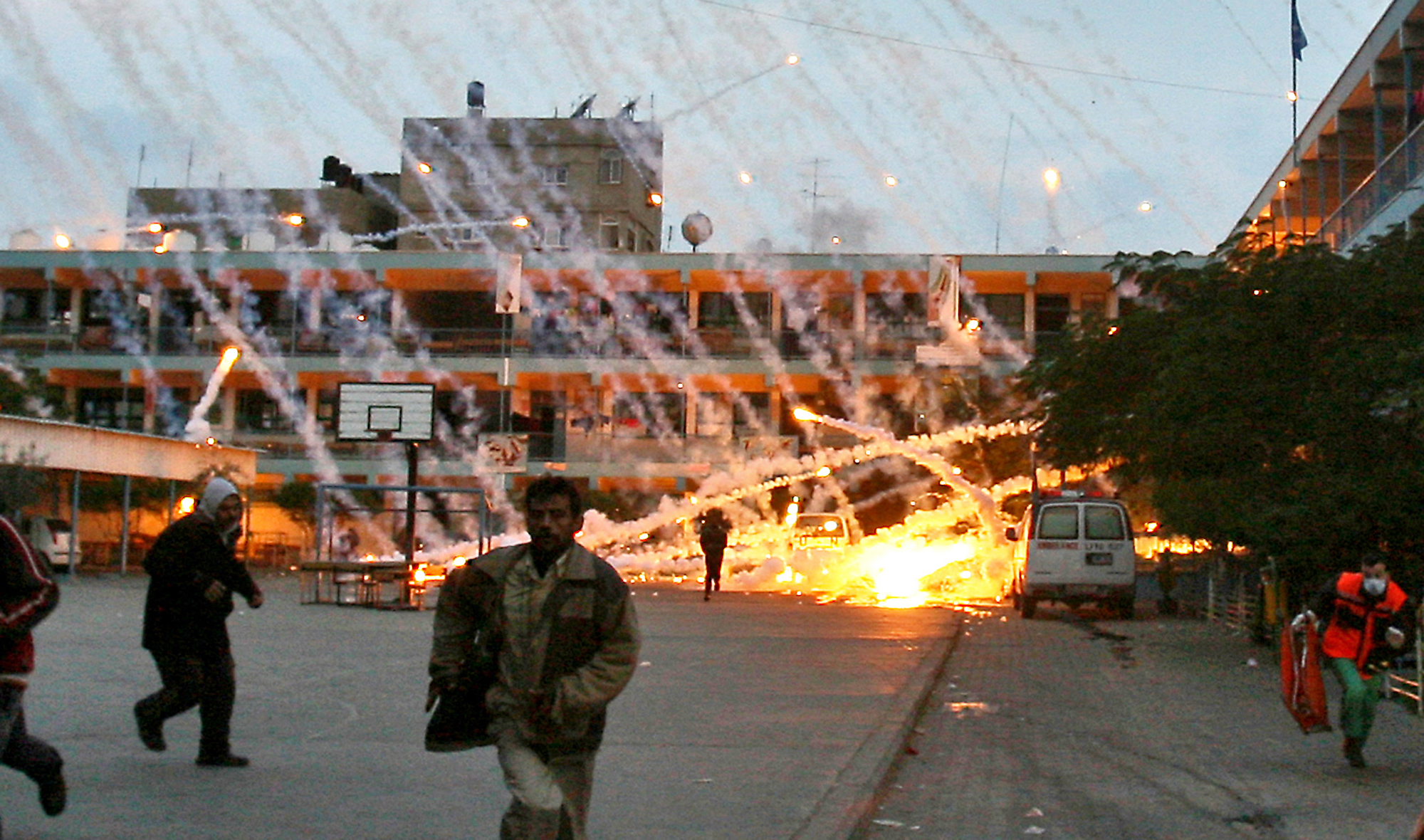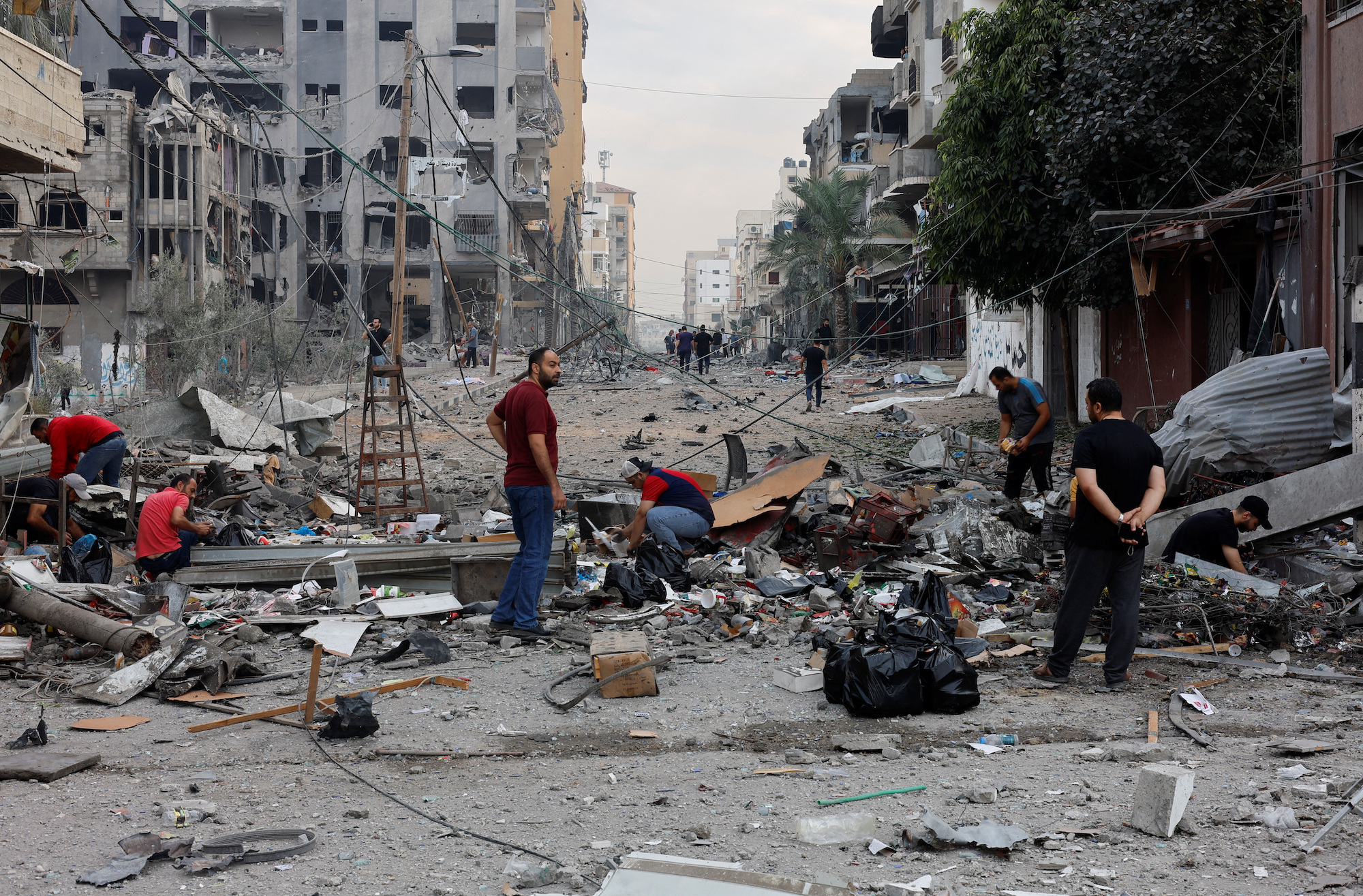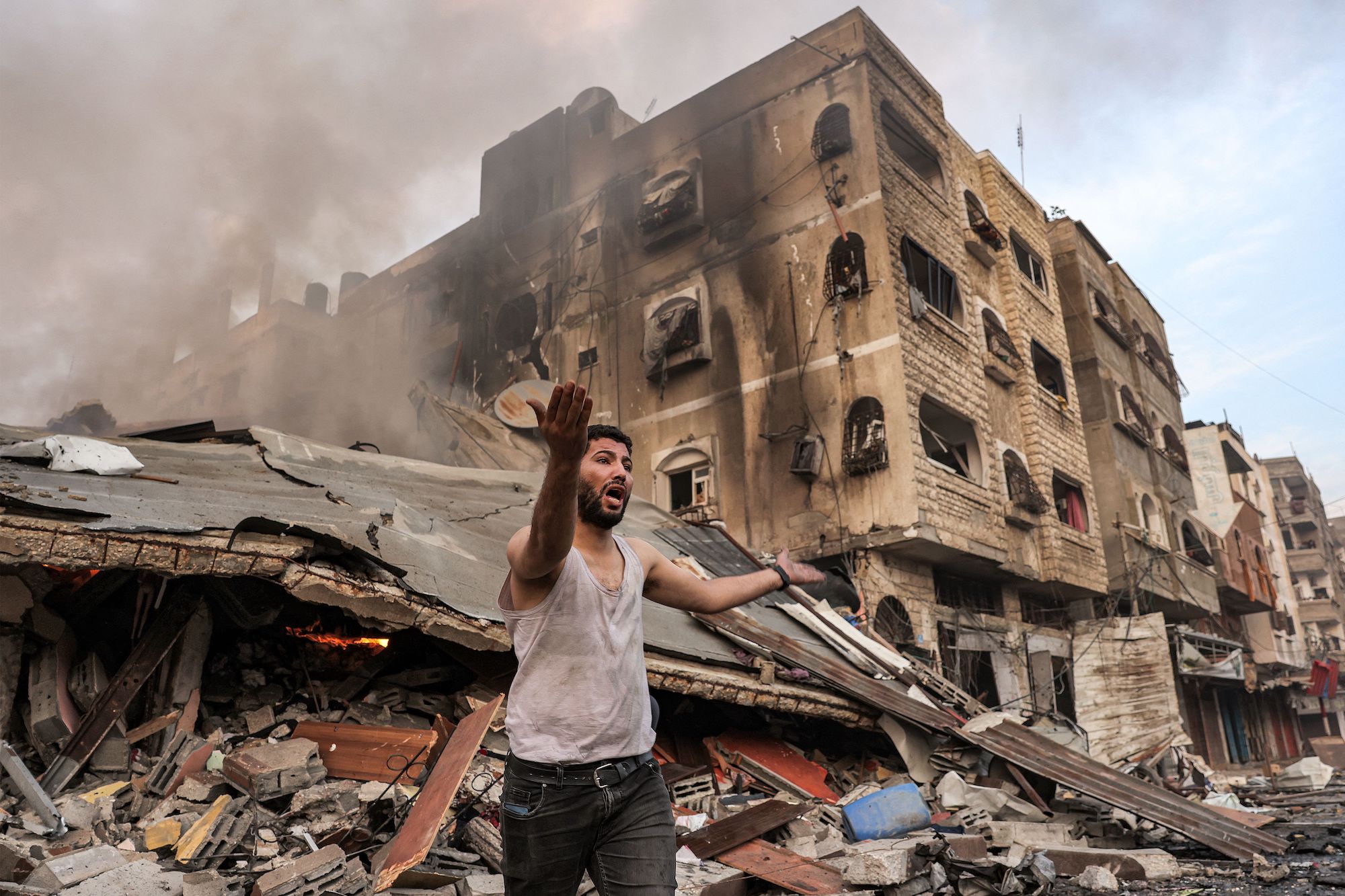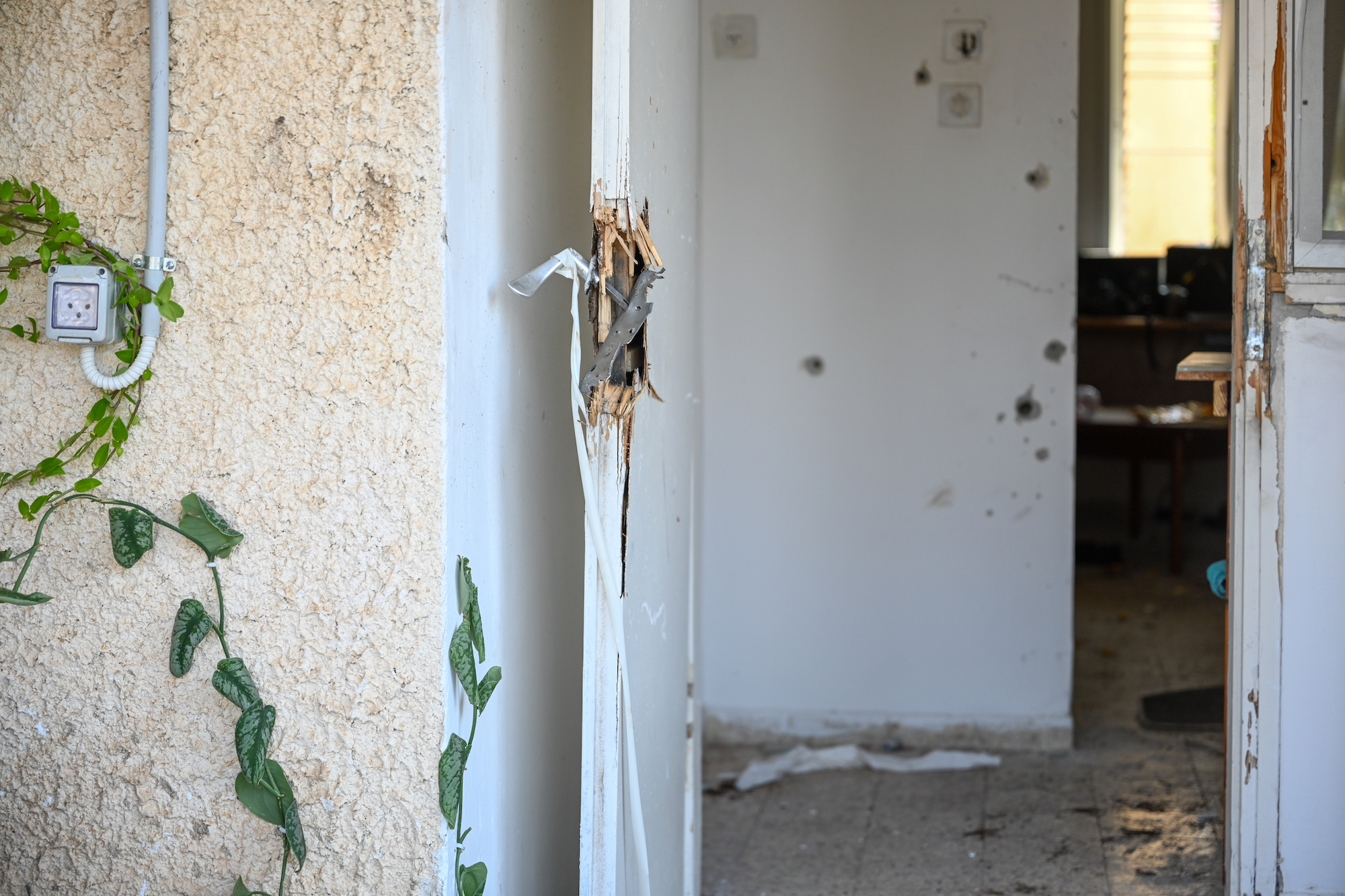
The horrifying details of attacks on border communities are just beginning to come to light, days after Hamas launched a surprise assault on Israel. Kfar Aza is one of the several kibbutzim, small farming enclaves, that bore the brunt of Hamas’ ground assault on Saturday.
The Israel Defense Forces (IDF) took a CNN team and other foreign press to the site, as they went house to house collecting the dead in body bags and loading them onto a truck. Among those killed in Kfar Aza were children, women and elderly, the IDF said.
I’ve never seen anything like this in my career, never in 40 years of service this something I never imagined,” Maj. Gen. Itai Veruv told CNN on Tuesday, just a few hours after Israeli troops secured the Kfar Aza kibbutz from Hamas militants.
Veruv said his soldiers spent “about 48 hours” fighting “waves and waves of terrorists” on roads and in neighboring communities.
“I saw hundreds of terrorists in full armor, full gear, with all the equipment and all the ability to make a massacre, go from apartment to apartment, from room to room and kill babies, mothers, fathers in their bedrooms,” Veruv said.
The IDF told CNN that civilians were "brutally butchered in an ISIS way of action." It could not confirm the number of people killed in Kfar Aza and would not detail how the people were killed.
At least 1,200 people have died in Israel since the conflict erupted, IDF spokesperson Lt. Col. Jonathan Conricus said in an update on Wednesday.
